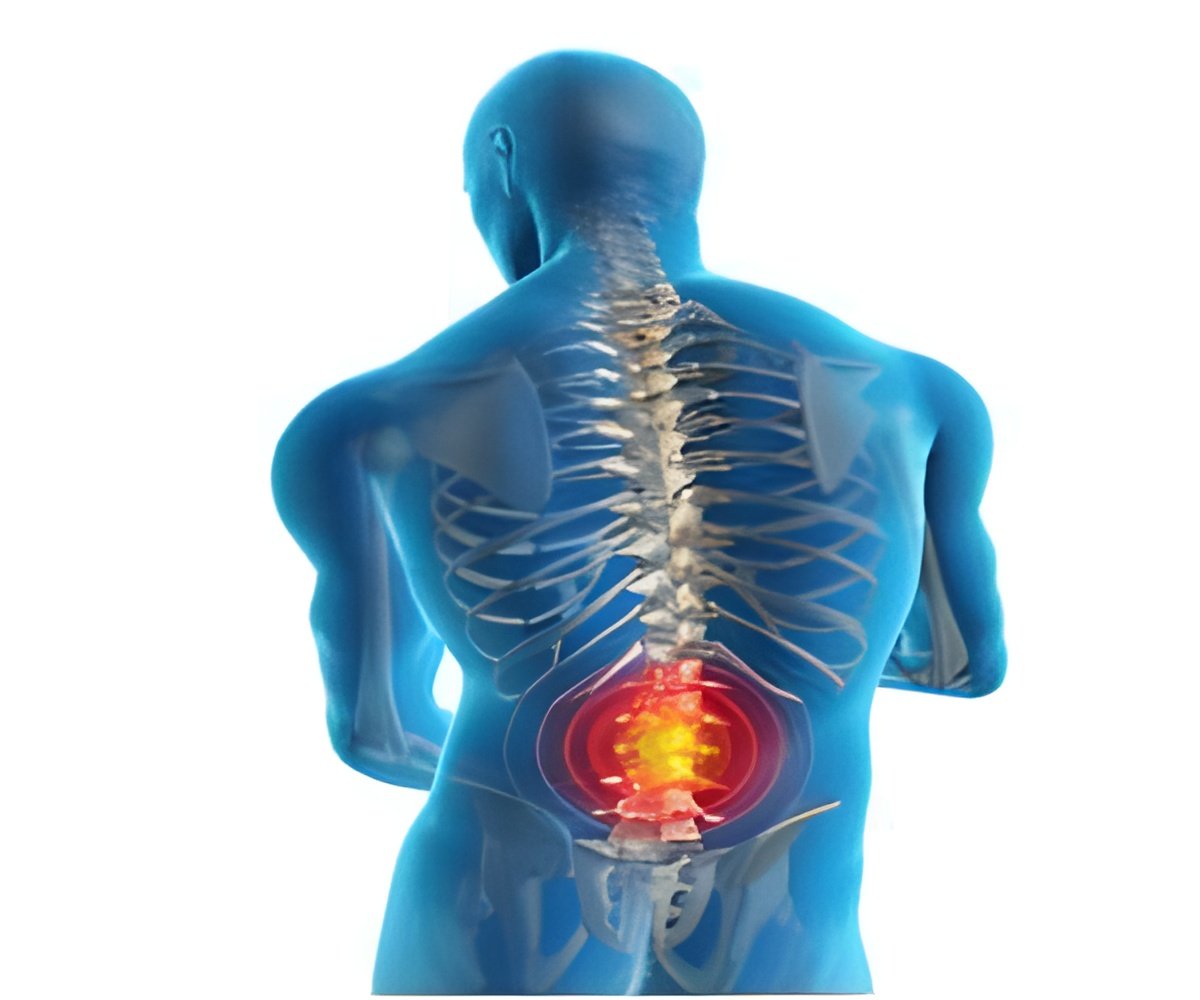A new study reveals the link between childhood intelligence and chronic widespread pain (CWP) in adulthood.

"One psychological factor that could potentially be a risk factor for CWP in adult life is lower cognitive ability in youth," says lead researcher Dr Catharine R. Gale, MRC Lifecourse Epidemiology Unit, University of Southampton, UK, and Centre for Cognitive Ageing and Cognitive Epidemiology, Department of Psychology, University of Edinburgh, Edinburgh, UK. "Our hypotheses were that men and women who scored lower on the test of intelligence in childhood would have an increased risk of CWP in midlife and that some of this association would be mediated through socioeconomic status, mental health, or lifestyle factors in adulthood."
The investigators used data from the National Child Development Survey, an ongoing cohort study originally based on over 17,000 live births in Great Britain during one week in 1958. When cohort members were aged 11 years, they completed a test of intelligence. At the age of 45 years, 6902 cohort members took part in a biomedical survey during which they completed a questionnaire to assess the presence of chronic widespread pain (CWP).
CWP was found among 14.4 percent of the participants. Men and women with CWP scored significantly lower on the test of intelligence at age 11. They were also more likely to have manual jobs, to be a current or ex-smoker, to have a higher body mass index, and to report higher levels of psychological distress.
The study concluded that men and women with lower intelligence at age 11 are more likely to report CWP.
Says Gale, "To our knowledge, this is the first study to investigate the prospective relation between intelligence and CWP. Our results show that individuals with higher intelligence in childhood are less likely as adults to develop this common and disabling condition. We now need to understand the mechanisms causing this association."
Advertisement
Advertisement












